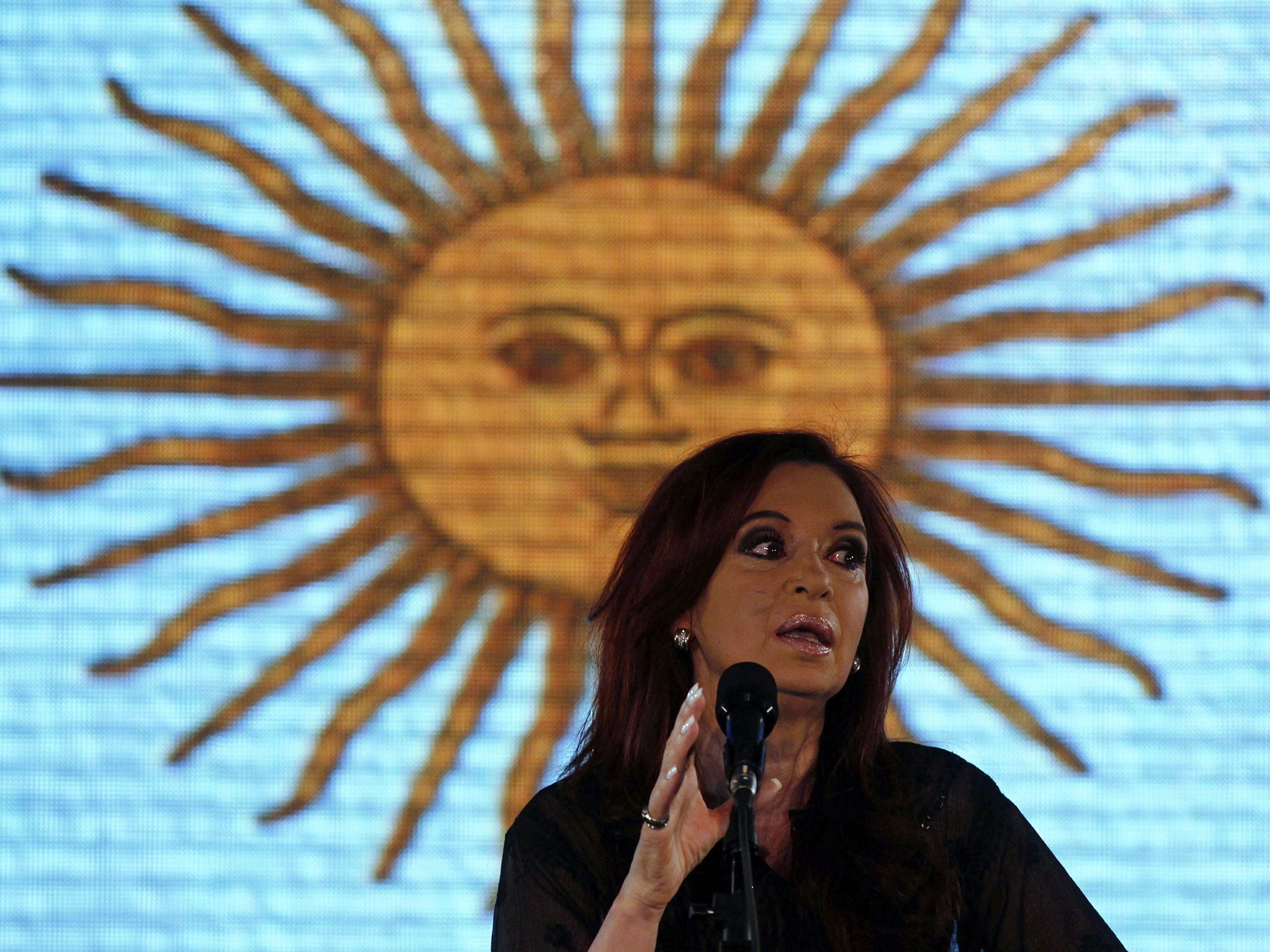The vulture capitalist who devoured Peru – and now threatens Argentina
Could Paul Singer destroy another economy?

With his trimmed white beard and rounded metal spectacles, Paul Singer might come across as a slightly miffed professor, his lips pursed and one eyebrow arched a touch higher than the other.
But the balding billionaire behind the New York hedge fund group Elliott Management is in fact one of Wall Street’s reigning titans, presiding over a business that is once again being portrayed as a greedy “vulture” for its attempts to coerce Argentina into shelling out more than a billion dollars to settle debts that it thought it had sorted out years ago. The result could be a disastrous debt default.
Mr Singer, a prominent backer of Mitt Romney, the now vanquished Republican nominee for President, has form. His fund is widely considered a pioneer in the business of buying up sovereign bonds on the cheap, and then going after countries for unpaid debts. Back in the 1990s, Elliott’s aggressive pursuit of the Peruvian government and its success in getting the Latin American country to pay up more than it wanted to pay set the model for a lucrative business.
The idea is simple enough. In broad terms, the first step is buying a country’s debt when it falls in value, more often than not as a result of a government’s mismanagement of its finances; then, when the struggling nation attempts to get its house in order by trying to repackage its dues, hold firm and demand that it pays up in full. If it doesn’t, go to court and force it to cough up.
Although it is unclear when NML Capital, the Elliott affiliate involved in the Argentina case, or the other hold-out hedge funds bought the country’s debt, they have been seeking payment for years after deciding not to take part in two restructuring deals.
Money-making, though, is only one side of Mr Singer’s personality. Over the years, with a net worth according to Forbes magazine of more than $1bn, he’s become increasingly well known for his political views. In particular, he stands out from the pack of big league Republican donors by also being a big-time supporter of gay and lesbian rights. The father of a gay son, he waded into the recent Presidential campaign by funding a a super pac – an outside group set up to influence the campaign – called American Unity, which worked to push the cause of gay marriage.
His leanings haven’t stopped him from becoming a pillar of the conservative establishment, including chairing the board of trustees at the Manhattan Institute, the right-wing think tank. According to ABC News, he once helped raise $1.4m (£870,000) for President Bush at a single lunch with some 70 guests held at his Upper West Side apartment. On another occasion, after the House of Representatives backed a sweeping overhaul of financial regulations in 2010, he helped seven Republican senate candidates who had opposed the measure raise more than $1m with a fundraiser at his place, according to the New York Times.
More recently, during the summer, he gave $1m to help underwrite the Republican Convention in Tampa, according to the Wall Street Journal, which said that he had initially approached Paul Ryan to run for the Presidency. When the young conservative star declined, Mr Singer’s support is said to have helped him win the nomination as vice-presidential candidate on the Republican ticket.
He hasn’t, in other words, been shy about supporting the causes he believes in. Much like the Elliot affiliate NML in the Argentina case, which hasn’t held back in pursuing every legal avenue to get its money.
Now, NML and its fellow funds are closer than ever to getting their money after New York Judge Thomas Griesa ruled that, pending clearance by an appeals court, Argentina should be prepared to pay up by putting the money in an escrow account by 15 December.
Under his order, Argentina, which says it is not obliged to pay investors who held out when it reorganised its debts, will until then be barred from making approaches to those bondholders who took part in the restructuring deals (the judge has asked the middlemen that sit between Argentina and those bondholders to stop aiding the country). With an instalment due in a few weeks, that could trigger a default.
“To pay the vultures is not only unfair but illegal in terms of our internal rules,” the country’s Economy Minister, Hernan Lorenzino, said this week after the order. When contacted yesterday, Elliott, which was also reported to have waded into Greek debt earlier this year, offered no comment on the case.
Subscribe to Independent Premium to bookmark this article
Want to bookmark your favourite articles and stories to read or reference later? Start your Independent Premium subscription today.

Join our commenting forum
Join thought-provoking conversations, follow other Independent readers and see their replies